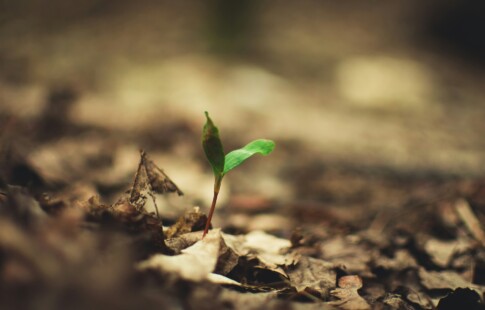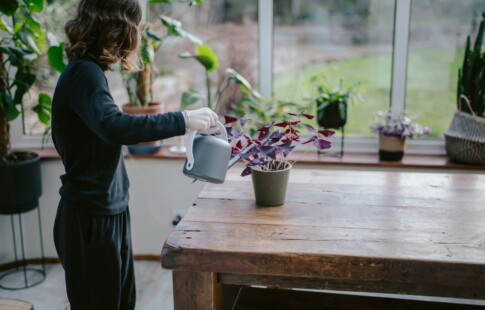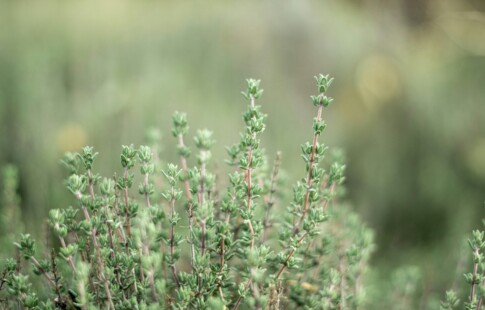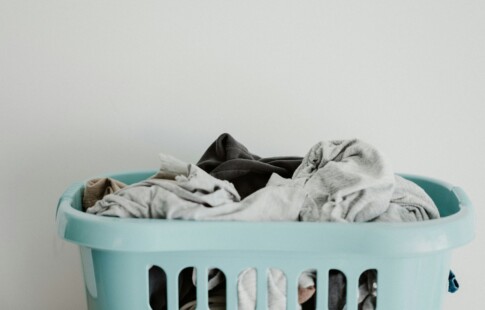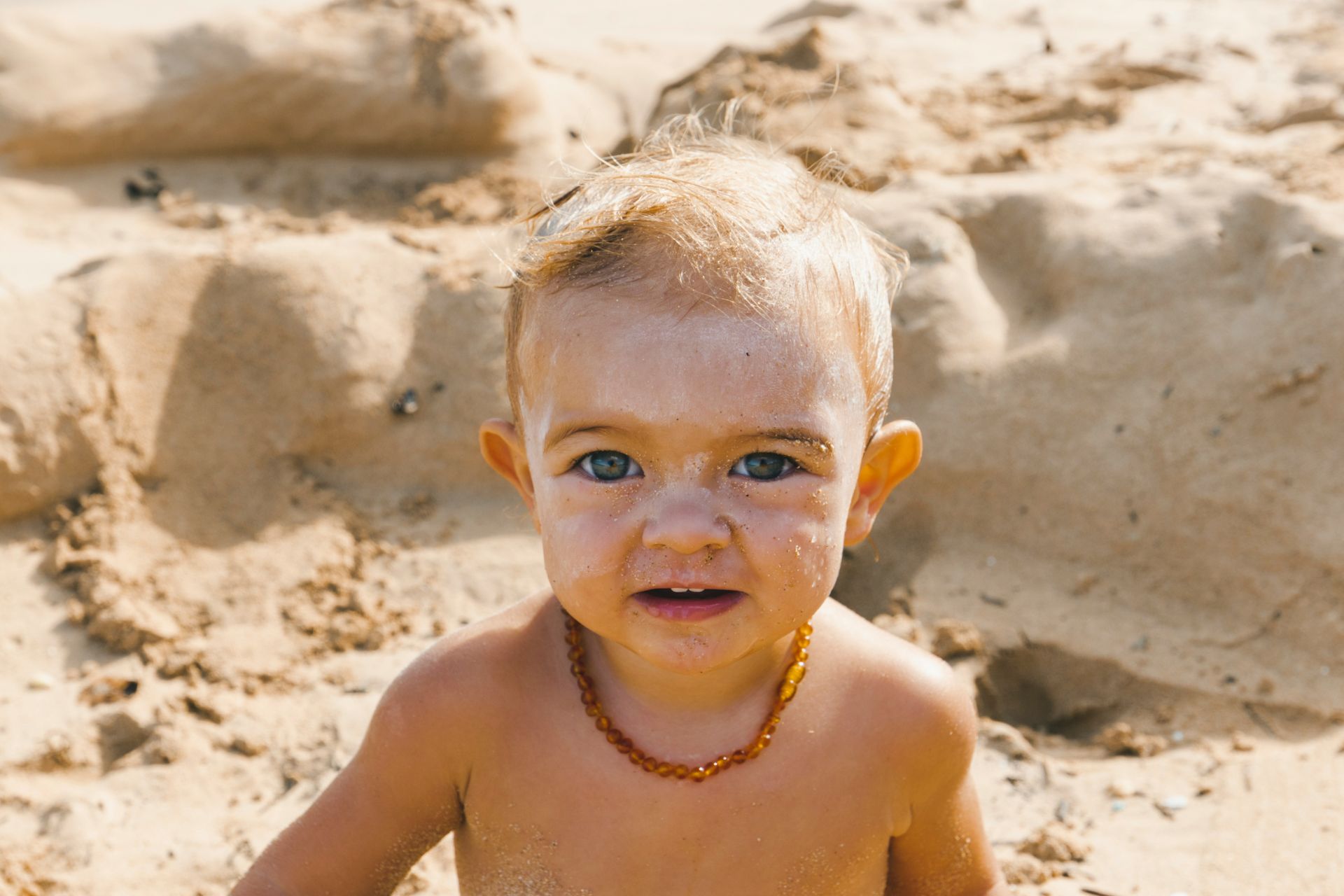
5 Plastic-Free Sunscreen Brands You Can Trust to Beat the Heat
We are reader-supported. When you buy through links on our site, we may earn affiliate commission.
During the summer months, reaching for sunscreen is second nature. Many people use it to prevent their skin from burning or aging faster. Yet, many don’t realize that this product’s bottles and ingredients may do more harm than good.
Most commercial sunscreens are packaged in single-use plastic tubes, and their formulas contain microplastics. These materials can harm the environment and human health, so it’s important to find personal care products that avoid plastics altogether.
Why Choose Plastic-Free Sunscreen?
Most people buy sunscreen to protect their health — but ironically, many sunscreens contribute to environmental and personal harm over time.
For starters, the packaging is a major problem. An estimated 350 million tonnes of plastic waste are produced globally every year, and about 0.5% of that ends up in the oceans. That’s still millions of tonnes of plastic that makes its way into marine ecosystems annually — and the tubes made for sunscreen are part of that equation. Most are made from soft plastics that aren’t recyclable and often end up in landfills or waterways after a single use.
The inside of the product is just as concerning. A staggering 87% of products from the top 10 sellers in cosmetics and personal care brands contain microplastics. These tiny plastic particles are added to improve texture and longevity. However, they contain chemicals that can enter the bloodstream and cause health issues.
Moreover, they can rinse off in the shower or at the beach, eventually polluting the ocean. Microplastics are everywhere, so finding a plastic-free sunscreen brand is a great way to break the cycle. These sunscreens:
- Use recyclable or compostable packaging.
- Avoid hidden microplastics in their formulations.
- Support reef-safe and health-conscious lifestyles.
For eco-conscious consumers balancing daily routines with mindful choices, plastic-free sunscreen offers an easy win — protecting your skin and the planet with a single swap.
1. ATTITUDE
ATTITUDE is a beauty brand rooted in clean science and sustainable living. It offers products ranging from personal to baby and home care and focuses on creating effective and environmentally responsible formulas. With certifications from EWG and Ecologo, ATTITUDE makes it easy to make better choices without the guesswork.
Its Sunly sunscreen line delivers that same commitment. These mineral-based SPF products offer reliable protection while keeping plastic out of the equation. Advantages of Sunly ATTITUDE include:
- Packaging available in biodegradable cardboard tubes and recyclable aluminum tins for reducing waste on the go
- Natural active ingredients like non-nano zinc oxide, which blocks UVA and UVB rays
- Vegan, cruelty-free formulas with tinted options that minimize white cast
- Fragrance-free options for sensitive skin types
2. SunButter
SunButter Skincare is an Australian-made brand that combines marine conservation ethics with everyday sun protection. Founded by a marine biologist and a conservation ecologist, SunButter was created to protect people and the planet — particularly in Australia’s fragile reef ecosystems.
The brand donates 50% of its profits to environmental causes, making it a top choice for those who want their purchases to have real-world impact. SunButter’s plastic-free sunscreens are as protective as they are planet-friendly, designed for outdoor adventures without leaving a trace.
- Sunscreens come in reusable and recyclable aluminum tins, which cut out single-use plastic
- Offers SPF 50 broad-spectrum coverage, one of the highest levels of natural protection
- Water-resistant and reef-safe, the formula stays on in the water without harming marine life and coral reefs
- 100% vegan and cruelty-free and made with non-toxic ingredients.
- Supports conservation
3. Badger Sunscreen
Badger is a family-owned and operated company based in New Hampshire. This company only uses simple, USDA-certified organic ingredients and remains committed to environmental responsibility. With decades of experience in clean body care, Badger has built a reputation for ethical sourcing and safe formulations you can trust on the most sensitive skin.
Its mineral sunscreen collection follows the same principle — protect the skin and respect the planet.
- Made from 50% Post Consumer Recycled Materials (PCR) plastic but also has non-plastic options available in recyclable metal tins
- Organic, clean ingredients, such as mineral zinc oxide and nourishing botanical extracts like sunflower oil and beeswax
- Reef-friendly formulas and Protect Land + Sea Certified
- Great for the whole family, including babies
- Certified as a B Corporation and member of 1% for the Planet
4. Raw Elements
Raw Elements was founded by a lifeguard who saw firsthand how traditional sunscreens harmed marine life. Today, the brand is on a mission to offer powerful, all-natural sun protection that’s safe for people and the planet. With a focus on sustainability and education, Raw Elements actively promotes reef conservation and legislation to ban toxic sunscreen ingredients.
- Plastic-free and reusable packaging that comes in aluminum tins and bio-resin tubes, a type of polymer derived from sustainable Sugarcane crops
- Cruelty-free, certified organic ingredients that offer SPF 30 protection for up to two hours
- Reef-safe and non-toxic. Every product is free of oxybenzone, octinoxate and other harmful chemicals.
- Supports skin nourishment with beeswax, cacao butter and calendula
5. Little Hands Hawaii
Born from a mother’s desire to protect her family’s skin without harming the environment, Little Hands Hawaii crafts small-batch, reef-safe sunscreens rooted in island values. Made in Hawai’i, the brand blends natural, organic ingredients with a zero-waste mission. It’s ideal for families and outdoor enthusiasts who care for skin safety and sustainability.
Everything from formulation to packaging embodies eco-friendly living, local sourcing and ocean preservation.
- Sunscreens are housed in plastic-free tins and compostable push-up tubes
- Made with non-nano zinc oxide, organic oils and butters
- Crafted in Hawai’i with preservation and protection of the environment in mind
- Handmade in small batches
- Offers tinted balms to reduce white cast
FAQs: Plastic-Free Sunscreens
What Does “Plastic-Free” Mean When It Comes to Sunscreen?
Plastic-free sunscreens skip conventional plastic tubes and are packaged in alternatives like metal tins, glass jars or biodegradable paper tubes. These materials are easier to recycle or compost, and the products’ ingredients are also free of plastic, making them safer to use.
Are Plastic-Free Sunscreens as Effective as Traditional Ones?
Most plastic-free sunscreens use non-nano zinc oxide or titanium dioxide, mineral-based ingredients that offer UVA and UVB protection.
What Can Microplastics Do to the Human Body?
Research suggests that microplastics may lead to endocrine disruption, inflammation and oxidative stress, which can interfere with hormone function. While research is ongoing, reducing exposure is a smart step for personal and planetary wellness.
Can I Use Plastic-Free Sunscreen on My Kids?
Most plastic-free sunscreens come with gentle, non-toxic ingredients that are safe for babies and children.
How Should I Store and Reuse the Container?
Keep your sunscreen in a cool, dry place to avoid melting or separation. When finished, wash the container and reuse it for travel-sized skincare, first-aid items or spices.
A Small Switch for a Healthier Summer and Planet
Choosing plastic-free sunscreen may seem like a small act for the planet, but its impact is far-reaching. By opting for brands that ditch plastics, you protect your skin and reduce your contribution to the global plastic crisis.
Share on
Like what you read? Join other Environment.co readers!
Get the latest updates on our planet by subscribing to the Environment.co newsletter!
About the author

Steve Russell
Steve is the Managing Editor of Environment.co and regularly contributes articles related to wildlife, biodiversity, and recycling. His passions include wildlife photography and bird watching.

